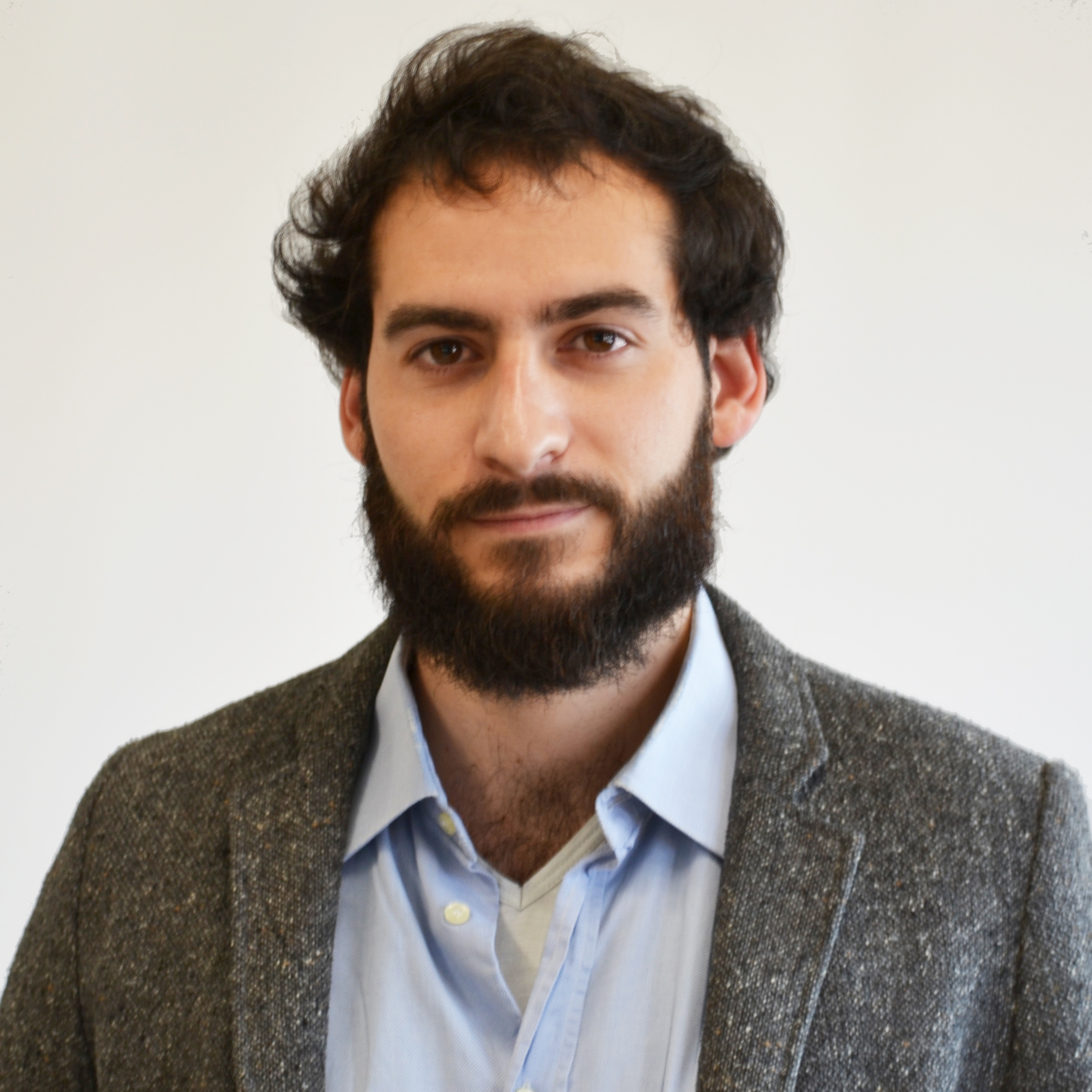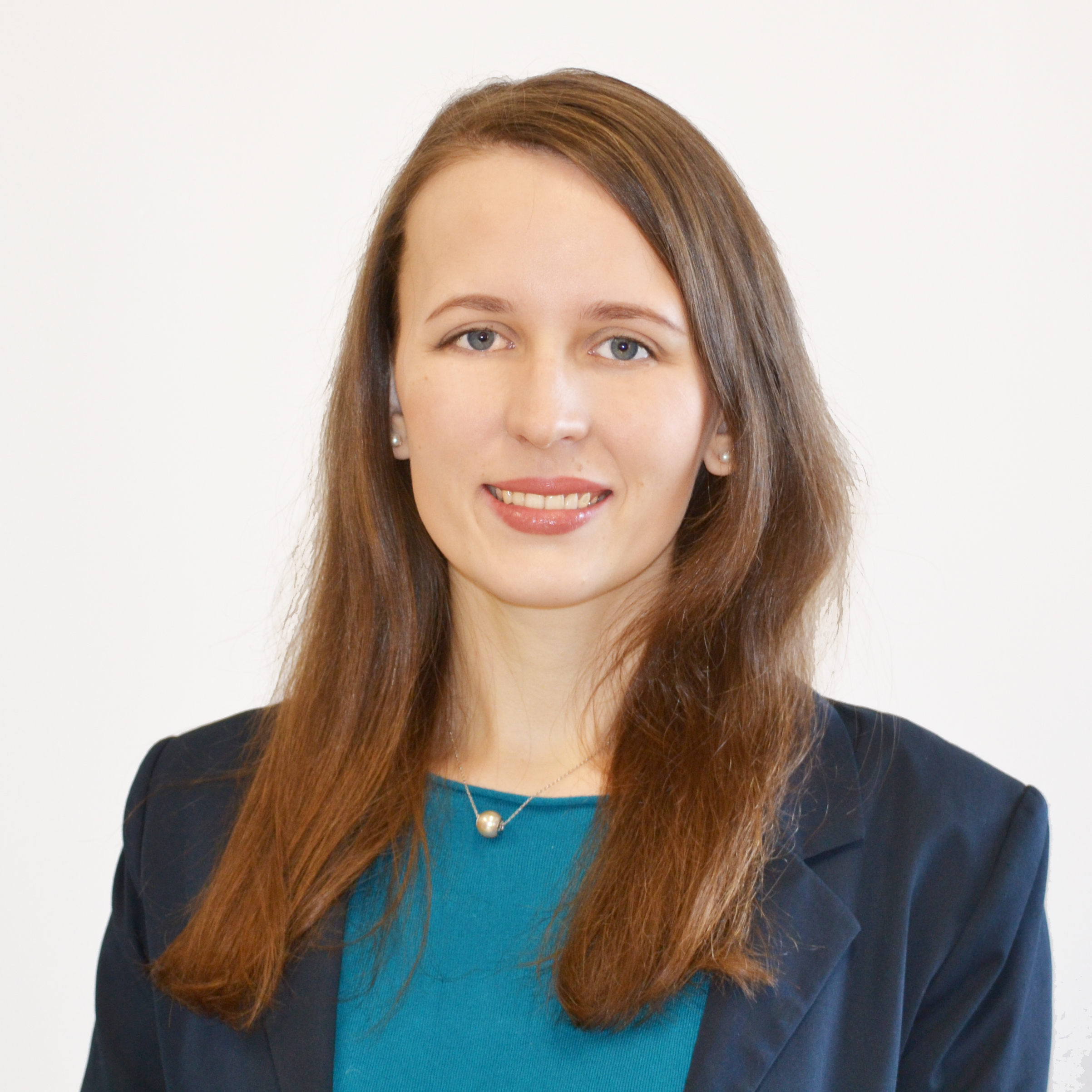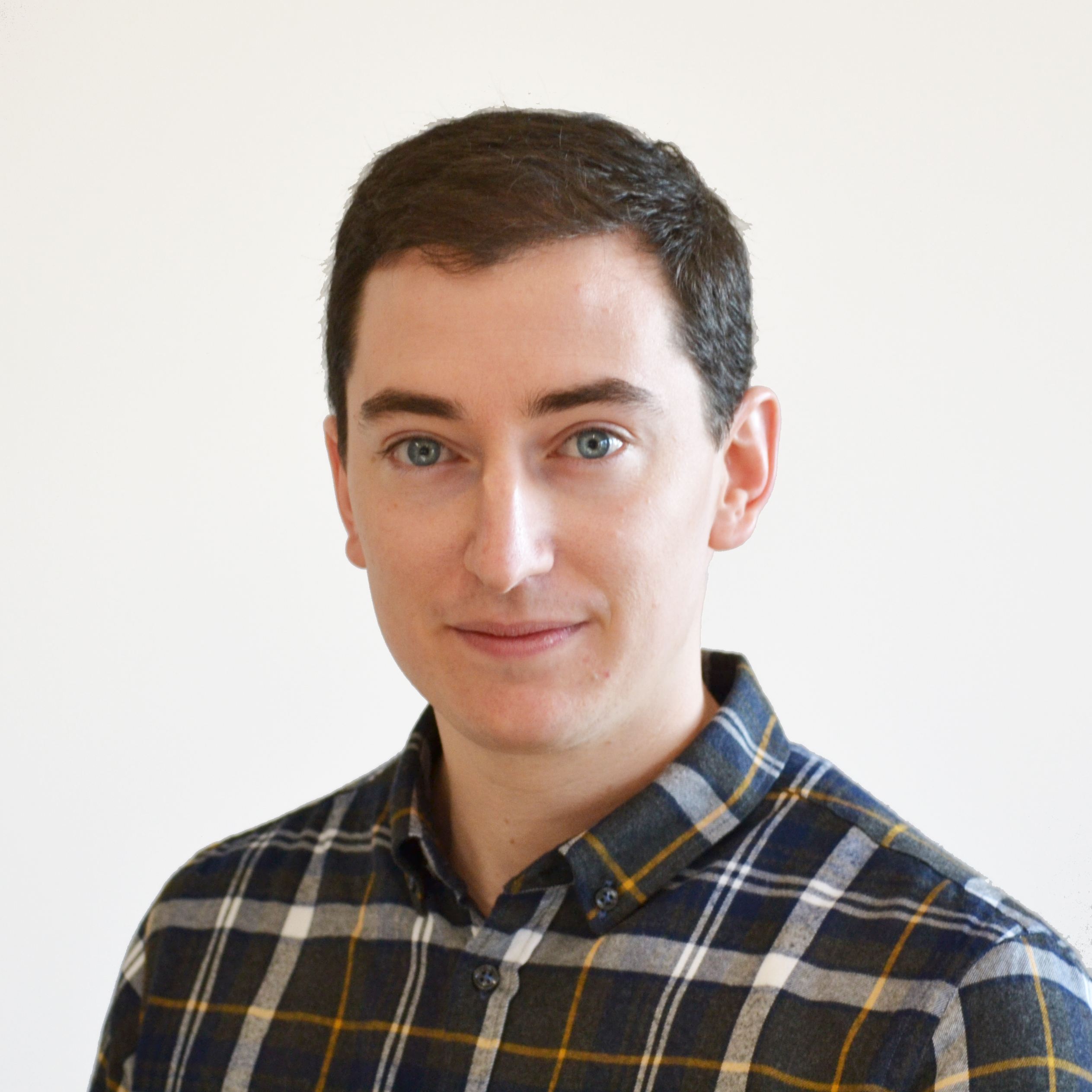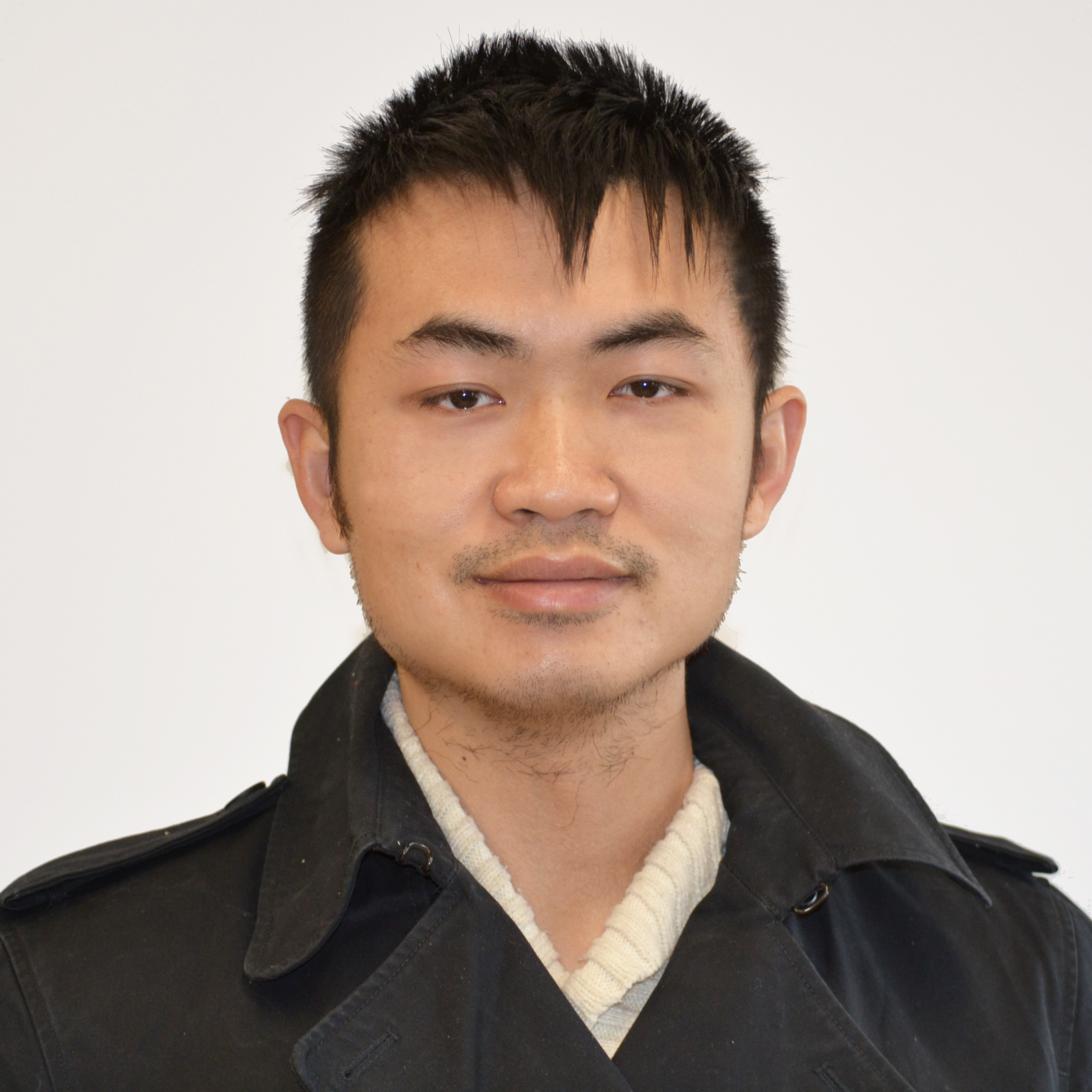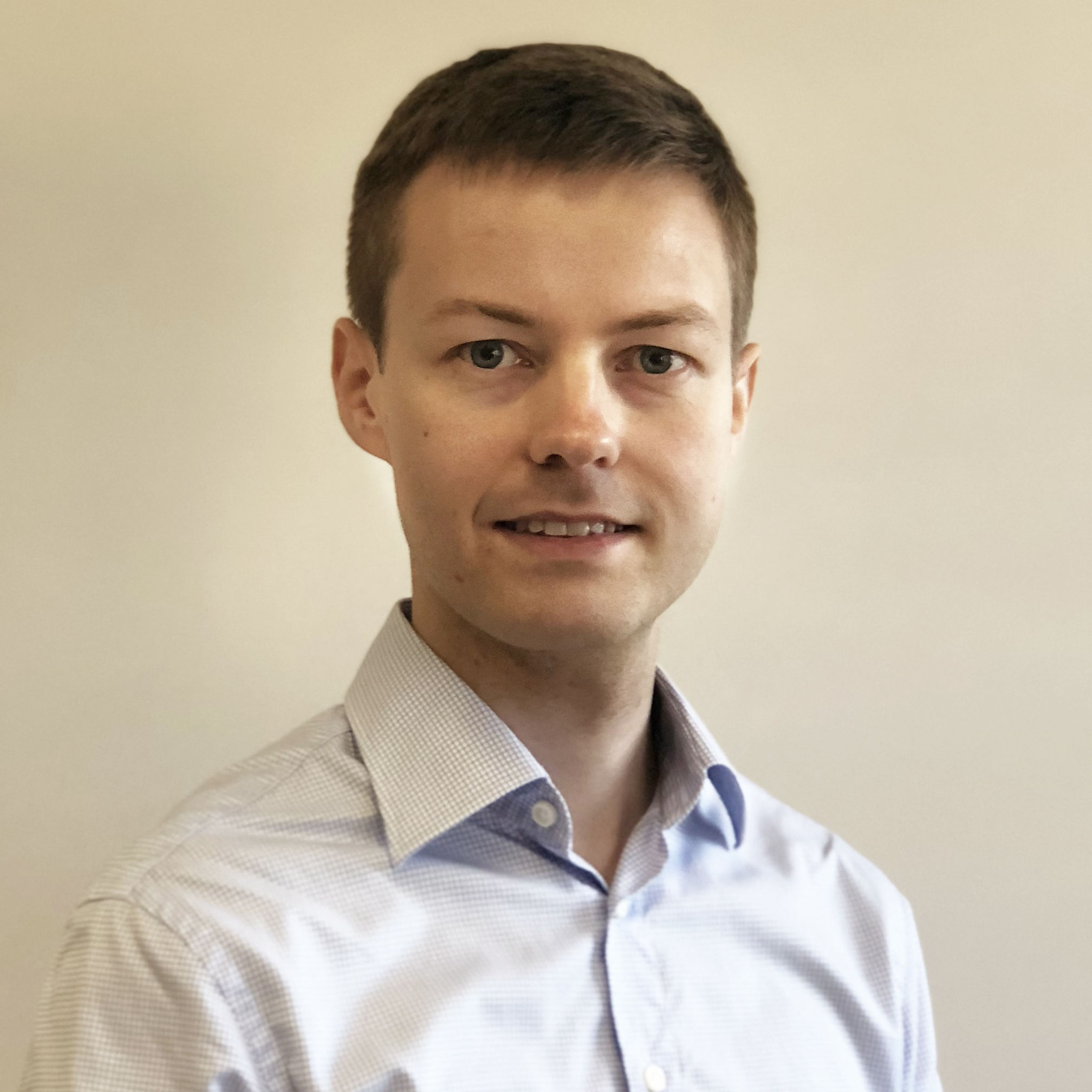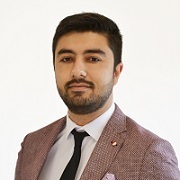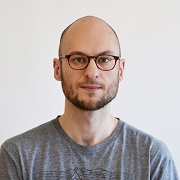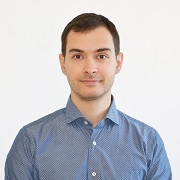EnergyEcoLab has received a grant from the La Caixa Foundation, aimed at supporting social research projects that provide knowledge about current and emerging social challenges through innovative approaches.
The project, entitled “The socio-economic impacts of low emission zones (LEZ)”, will contribute to the debate on two global issues of key socio-economic importance: the design of environmental policies and the future of cities. This theme is based on the European Green Pact’s strategy to achieve climate neutrality by 2050 in line with the European Commission’s objective of achieving “100 climate-neutral cities by 2030 for and by citizens”.
